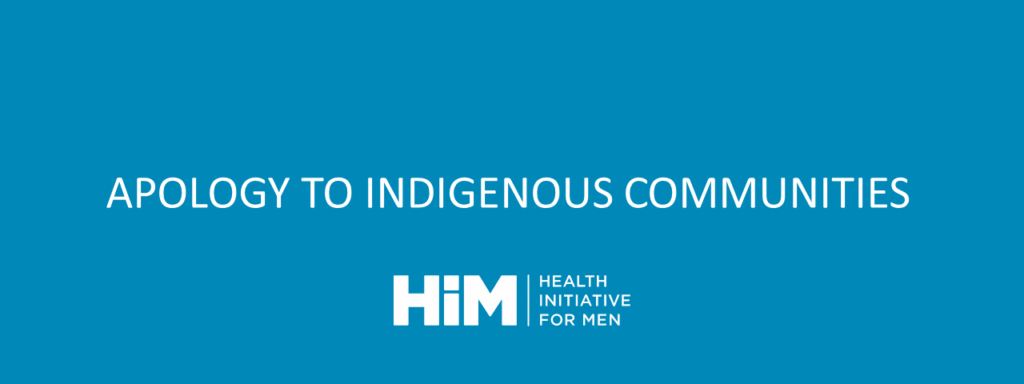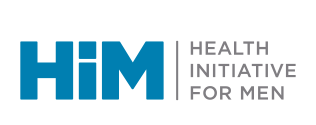Who Is This Page For:
This page is written and reviewed by HIM staff members and paid Indigenous consultants. This page is for anyone who does not know the purpose or importance of land acknowledgements, and for people who may not understand why HIM (in particular) does these acknowledgements.
Non-profit organizations have participated in the ongoing colonization that has occurred for hundreds of years. Sometimes this means ignoring Indigenous values, and other times it means operating the non-profit as if it is a business with cold, and cruel internal policies.
Non-profit organizations are not exempt from decolonizing efforts simply because we offer programs and supports in the community. This page is for us, for our volunteers, and for our community members. Indigenous community members are welcome to give feedback and commentary on this page at any time directly to the Executive Director ([email protected])
The Land We Are On
HIM acknowledges that this land is and always will be Indigenous land. Historically, these lands had culture, stories, and context for “queer” and “gender-diverse” people, but white-settler colonization brought concepts of binary gender, and limited sexuality. Therefore, the work that HIM does in reducing health barriers for gay, bi, and queer men and Two-Spirit and gender-diverse people on Turtle Island must include decolonizing efforts.
Turtle Island is what some Indigenous people use to refer to the continent of North America. The name comes from various Indigenous oral histories that tell stories of a turtle that holds the world on its back. For some Indigenous peoples, the turtle is therefore considered an icon of life, and the story of Turtle Island consequently speaks to various spiritual and cultural beliefs.
HIM honours the territories of many nations on the west coast of Turtle Island, on whose unceded and stolen land we live and work. We encourage any people reading this acknowledgement to learn more about these unceded territories.
Native Land (hyperlink) https://native-land.ca/
“We strive to map Indigenous lands in a way that changes, challenges, and improves the way people see the history of their countries and peoples. We hope to strengthen the spiritual bonds that people have with the land, its people, and its meaning.”
– Native Land vision statement
Here is a list and websites of some of the First Nations upon whose lands our work takes place (this list is not perfect or exhaustive – we suggest that you learn about the territories that you are currently located on):
Lower Mainland:
- xʷməθkwəy̓əm (Musqueam), https://www.musqueam.bc.ca/
- Skwxwú7mesh (Squamish), https://www.squamish.net/
- səlil̓ilw̓ətaʔɬ (Tsleil-Waututh) Nations, https://twnation.ca/
Fraser Valley:
- kʷikʷəƛ̓əm (Kwikwetlem), https://www.kwikwetlem.com/
- Katzie First Nation
- Sema:th (Sumas), http://www.sumasfirstnation.com/
- Qayqayt First Nation
- Matsqui First Nations, https://www.bcafn.ca/first-nations-bc/lower-mainland-southwest/matsqui
BC Interior:
- Syilx Nation, https://www.syilx.org/about-us/syilx-nation/
- Ktunaxa Nation, https://www.ktunaxa.org/
- Nlaka’pamux Nation, https://www.nntc.ca/
- Secwepémc (Shuswap) Nation, https://shuswapnation.org/
- St’at-imc Nation, https://statimc.ca/
- Tsilhqot’in Nation, https://www.tsilhqotin.ca/
- Ulkatcho Nation, https://www.ulkatcho.ca/
Vancouver Island:
- Lək̓ʷəŋən speaking people (Lekwungen) Songhees Nation, https://www.songheesnation.ca/home
- W̱SÁNEĆ Nations: Tsartlip, Tseycum, and Tsawout, https://wsanec.com/
BC North:
- Lheidli T’enneh, https://www.lheidli.ca/
- Dakelh, https://dakelh.ca/
- Carrier Sekani, http://carriersekani.ca/
Why Are Land Acknowledgments Important for HIM’s Work?
As queer and gender-diverse people, it is especially important for us to understand the Indigenous cultures of the lands we are on and de-colonize our beliefs and lives. Much of the transphobia and homophobia that exist on Turtle Island have roots in European colonization. HIM’s programming aims to reduce the discrimination that queer people face in our healthcare system, and we recognize that to fundamentally create change we need to address the roots of the discrimination and health barriers that link back to colonization. We deem it important to listen to Elders, collaborate and partner with Indigenous communities, and amplify the voices of gay, bi, queer, Two-Spirit and Indigiqueer people to promote the health and wellbeing of our communities.

HIM Apologizes to Indigenous Communities
We work as peers to GBT2Q in local communities because we understand how it feels to be excluded from healthcare. However, in the case of our activities related to raising awareness of and increasing access to PrEP for all GBQ men and gender diverse people, we have failed Indigenous (inclusive of First Nations, Inuit and Métis) people who are also members of these communities.
